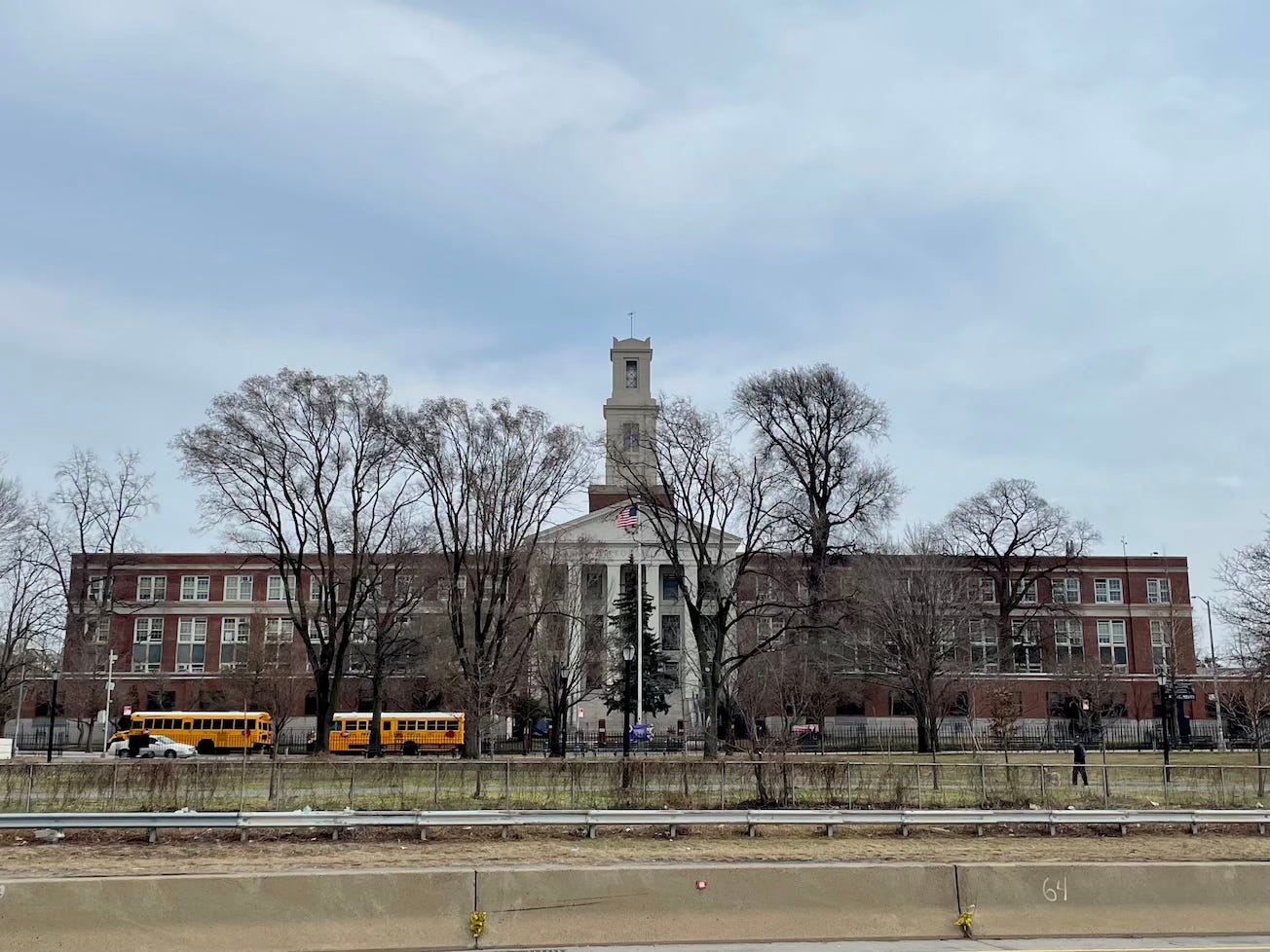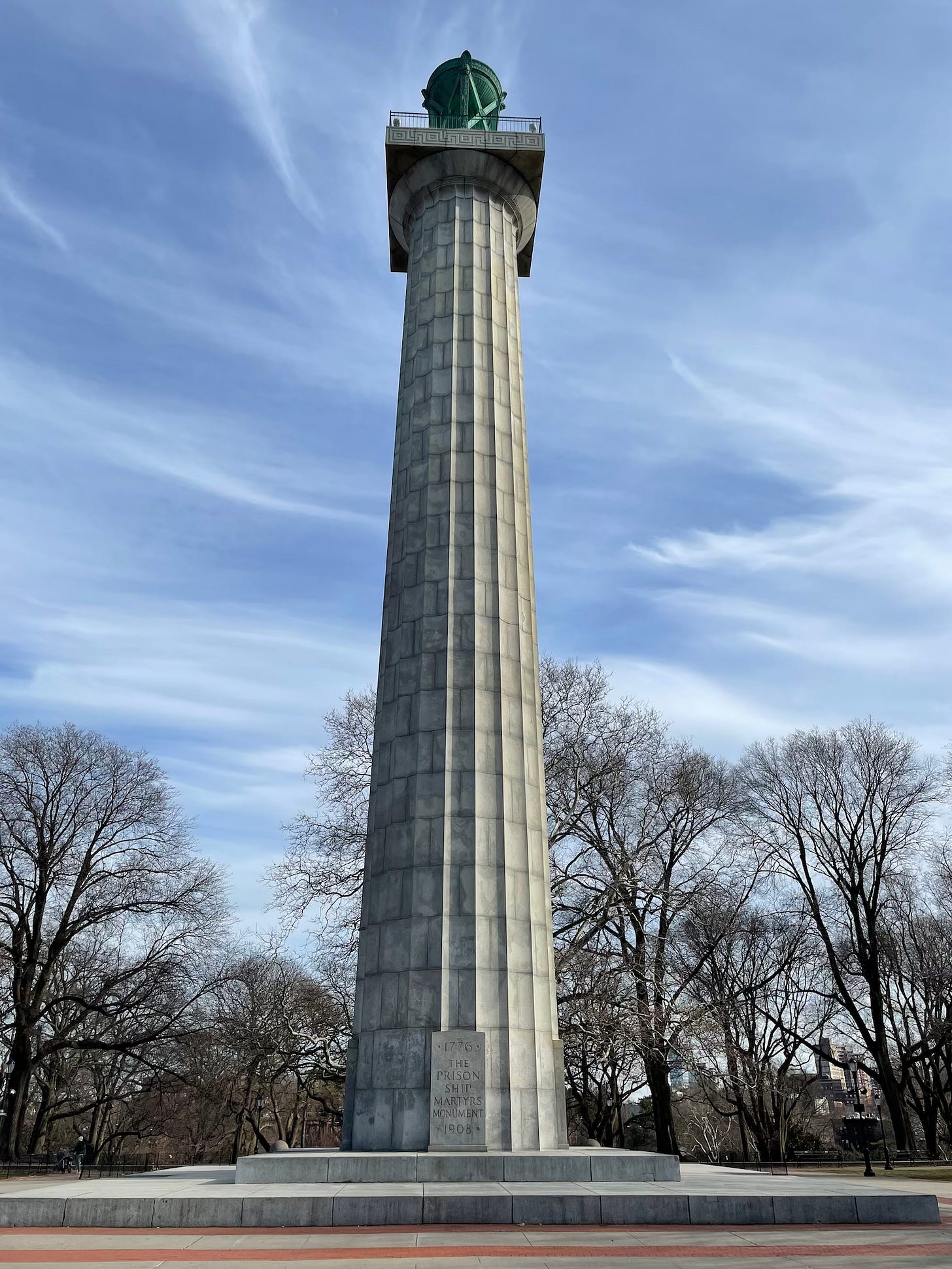“Only a Russian could do that. Only a Russian could make the world go mad.”
These lines appear in Kalani Pickhart’s astonishing novel I Will Die in a Foreign Land, published by Two Dollar Radio in 2021.
I Will Die in a Foreign Land is a kaleidoscopic tale where multiple characters, newspaper accounts, transcription of audio tapes, and snippets of song compete for the reader’s attention. This nonlinear assemblage of voices across all manner of media reminds me of the U.S.A. Trilogy, the modernist masterpiece by John Dos Passos.
The Russian being referred to is Igor Stravinsky who composed The Rite of Spring in 1913 , which resulted in actual riots.
In Ukraine (and it is Ukraine, not the Ukraine, which Ukrainians regard as an insult to their sovereignty) there is a long list of mad Russians who have been persecuting them. Today, Putin sits at the top of the list.
I Will Die in a Foreign Land immerses the reader in the stories of four main characters whose lives are intertwined in fascinating ways in narratives ripped from the pages of Ukraine’s bloody history in a way that makes Putin’s immoral incursion—and Ukraine’s resistance—seem inevitable.
The novel opens in 2014 with a man wearing “his father’s Soviet jacket and a balaclava to cover his face” sitting down at an upright piano at Maidan Nezalezhnosti or Independence Square to play music to inspire the protestors. His identity isn’t known so he is referred to simply as “The Captain.” The people have gathered to protest President Yanukovych’s’s decision not to sign an agreement with the EU, favoring the Eurasian Economic Union instead—a move that betrays the president’s allegiance to Putin.
After violence breaks out that results in the killing of activists and the disappearance of journalists, The Captain is wounded and brought to the makeshift hospital at St. Michael’s Golden-Domed Monastery by Misha, a man with a complicated past, who watches over the gravely injured pianist. The Captain is treated by Katya, a doctor who has returned to Kyiv after making a life for herself in Boston. Misha and Katya want to unravel the mystery of the Captain’s identity but the number of people killed or wounded in Maidan grows and grows.
The violence at Maidan attracts the attention of international media, including an American writer traveling with a Ukrainian journalist, who rely on Misha’s friend Slava, a former member of the feminist protest group FEMEN as a fixer. When Slava falls for one of the journalists, things get very complicated and very dangerous as the secret police close in and the violence at Maidan intensifies.
Despite its nonlinear nature, I Will Die in a Foreign Land is grounded in history. Pickhart has provided a timeline and a map to help orient readers like me who are woefully ignorant of Ukraine’s struggle for sovereignty and independence. The novel offers much-needed context for media reports coming out of Ukraine and an alternative to the barrage of repeated images on the news and half-baked ideas from the punditry.
I Will Die in a Foreign Land is stark and somber read, but there are moments of levity too. “The garden is her favorite child. It doesn’t talk back.” Misha tells Katya during a visit to his mother.
There’s an undercurrent of darkness here, too. The garden is situated in Pripiyat, which is the town where many of the people who worked at the nuclear power station in Chernobyl lived. Misha’s mother has returned to the land of her birth and her garden is her pride and joy. She nurtures it daily, coaxing a bounty from its toxic soil.
Later, Misha’s mother sees her son talking to another man and becomes worried. She says to Katya:
“The men are talking about war.”
“How do you know?”
“Russia has invaded Crimea, and now Putin will want more.”
I’ve been thinking about my mother a lot lately. I’m writing this from Bay Ridge, Brooklyn, the neighborhood where my mother grew up and my cousin still lives. In a few days we’ll travel to Virginia to go through my mom’s things.
Shortly after I arrived I went for a walk along the Narrows, where the Hudson River empties into New York Bay and the Atlantic Ocean. It’s the point where Brooklyn and Staten Island are linked by the Verrazzano Bridge, named after the first European explorer to travel up the Hudson River.
Passing my Fort Hamilton High, where my mother and my cousins went to high school, I had all the feelings: connection to a place, nostalgia for the past, and a dip into the trough of a river I’ve been swimming in, a river of unending loss.
(It probably didn’t help that I was listening to Turnstile. Sometimes it seems like the only time I feel things is when I’m listening to Turnstile.)
I’ve also been listening to Amyl and the Sniffers 2021 album Comfort to Me and the first track on the record, “Guided by Angels” has been sending me. The lyrics are complicated and contradictory. They aren’t about anything. Rather, the song seems like an attempt to nail down a feeling that’s constantly in flux and thus impossible to describe.
I travelled and what did I see?
I see I don't like misery
It passes through my body
I never hold on to the misery or grief
I don’t like misery either but I don’t let go of it. I hold on to it, nurture it like a toxic garden. Maybe this is something that writers do. When my friend J.J. passed I listened to the same sad songs over and over again. I wanted to hold on to the sadness for as long as possible and I’m glad I did. The power of that grief literally transformed me.
In I Will Die in a Foreign Land Pickhart quotes Serhiy Zhadan, a Ukrainian poet, novelist, and translator whom the New Yorker recently referred to as “the bard of Eastern Ukraine”:
“You become more interested in death when you bury friends.”
Ain’t that the truth. It’s dangerous to fetishize the past. It can consume you, but tell that to the people in Ukraine who are defending their right to exist as citizens of a free country. Their struggle is to prevent Ukraine from becoming history.
My walk along the Narrows took me to John Paul Jones Park, which everyone calls Cannonball Park because of the old 18th century cannon that sits in the park pointed at the bridge. There’s a plaque nearby that reads:
TO COMMEMORATE THE FIRST RESISTANCE MADE TO BRITISH ARMS IN NEW YORK STATE AUGUST 1776.
A large obelisk presides over the park dedicated to the Dover Patrol. It reads:
ERECTED AS A TRIBUTE TO THE COMRADESHIP AND SERVICE OF THE AMERICAN NAVAL FORCES IN EUROPE DURING THE WORLD WAR.
The two monuments, which are located right next to each other tell a striking tale. One commemorates the moment Americans fought back against the English, the other celebrates the friendship between the two nations, which is more than a little remarkable.
In Fort Greene, which I visited the following day, there’s a monument to the Prison Ship Martyrs’ Monument, dedicated to the 11,500 prisoners of war who died in captivity. The English didn’t have a place to house the prisoners they captured so they put them on ships and left them to die.
War is crime. History is one vast war crime.
The view from the Prison Ship Martyrs’ Monument is extraordinary. You can see the skyline of downtown Brooklyn to the south, the Navy Yard to the north and all the bridges that link the borough to Manhattan. There’s all kind of construction. Massive towers soaring into the sky as buildings fall in cities across Ukraine, clearing space for future war memorials.
I wasn’t exactly telling the truth when I said I’ve been thinking about my mom lately. I think about her every day, except that’s not true either. I think about the moment when she took her last breath, when her face went slack, when her false teeth floated from their moorings, when her consciousness slipped into the dream, leaving her problematic body behind.
That’s what I think about. Those few seconds. Every single day. I’m grateful for that memory. I held her hand and knew that for that moment in time I was a comfort to her. She brought me into this world, and I accompanied her exit. That’s the beautiful lie of prose, right? I can take this painful moment and turn it into something that’s more comfortable for me to write and for you to read.
American death is full of comfort words and phrases. She passed. She took her last breath.
Well, she didn’t take anything. That final breath was fucking expelled.
I Will Die in a Foreign Land is full of remarkable lines but this one has stayed with me:
“I realize now how much we were asked to hide the parts of ourselves that were ugly.”
I’ve been wrestling with this. We spend so much energy, good energy, bad energy, reassuring others that everything is fine. Better than fine. Beautiful in fact.
I get it. How would you want to be remembered? As someone who resisted or someone who rotted away on a prison ship?
But things are not fine. Everyone I know is going through some shit. Everyone you know is going through some shit. We are all going through some shit and for the most part we’ve had to do it alone.
And no one is going through more shit than the people of Ukraine. I’ll be reflecting on that ugly truth the next time I feel the urge to complain about the price of gas.
At the end of his life, The Captain recalls his many betrayals. The lessons learned. All that “I guess this is it” shit. When he was a piano student he struggled with the pauses in songs, the spaces where nothing happens, but without those spaces music loses all meaning. He asks himself: “How to measure the breath between notes? How then, to measure a life?”
How? Like this:
And this.
And this.
And this.
Kalani Pickhart is donating the entire proceeds from I Will Die in a Foreign Land to Ukrainian Red Cross and ICRC Ukraine. Order it from Two Dollar Radio here.







